Since 2010 our magazine systembiologie.de has been directed equally at interested laypersons and scientists with its aim to report regularly on the systems biology research landscape in Germany - in a colorful mix of interviews, researcher portraits, texts by scientists and reports on training and current funding activities.
With the 13th issue “Artificial Intelligence”, we have decided to focus the magazine more strongly on the areas of systems medicine and digital health and have therefore renamed our magazine gesundhyte.de.
The latest special issue 16 “Health in transition!” has been published in June 2025. All published issues can be downloaded below.
Individual print issues of the magazine (free of charge) can be ordered via e-mail from franziska.mueller@bih-charite.de.
"Work and information material for schools"
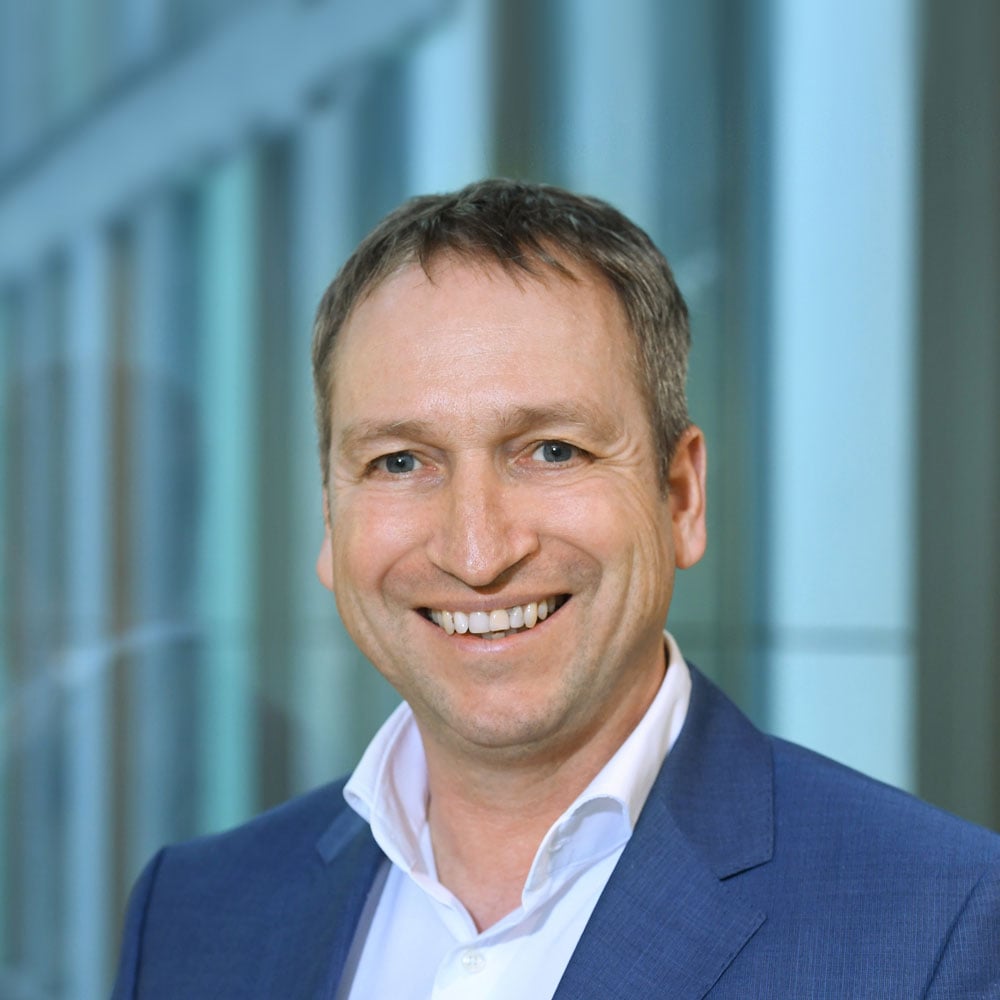
Roland Eils
Chief Editor
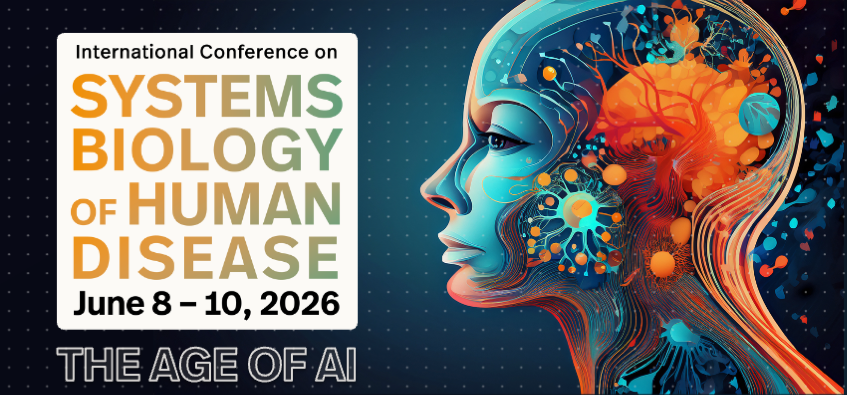
Our colleagues from Northestern University in Boston are organising the 18th INTERNATIONAL CONFERENCE ON SYSTEMS BIOLOGY OF HUMAN DISEASE – SBHD 2026 in Boston from June 08-10. This years Conference
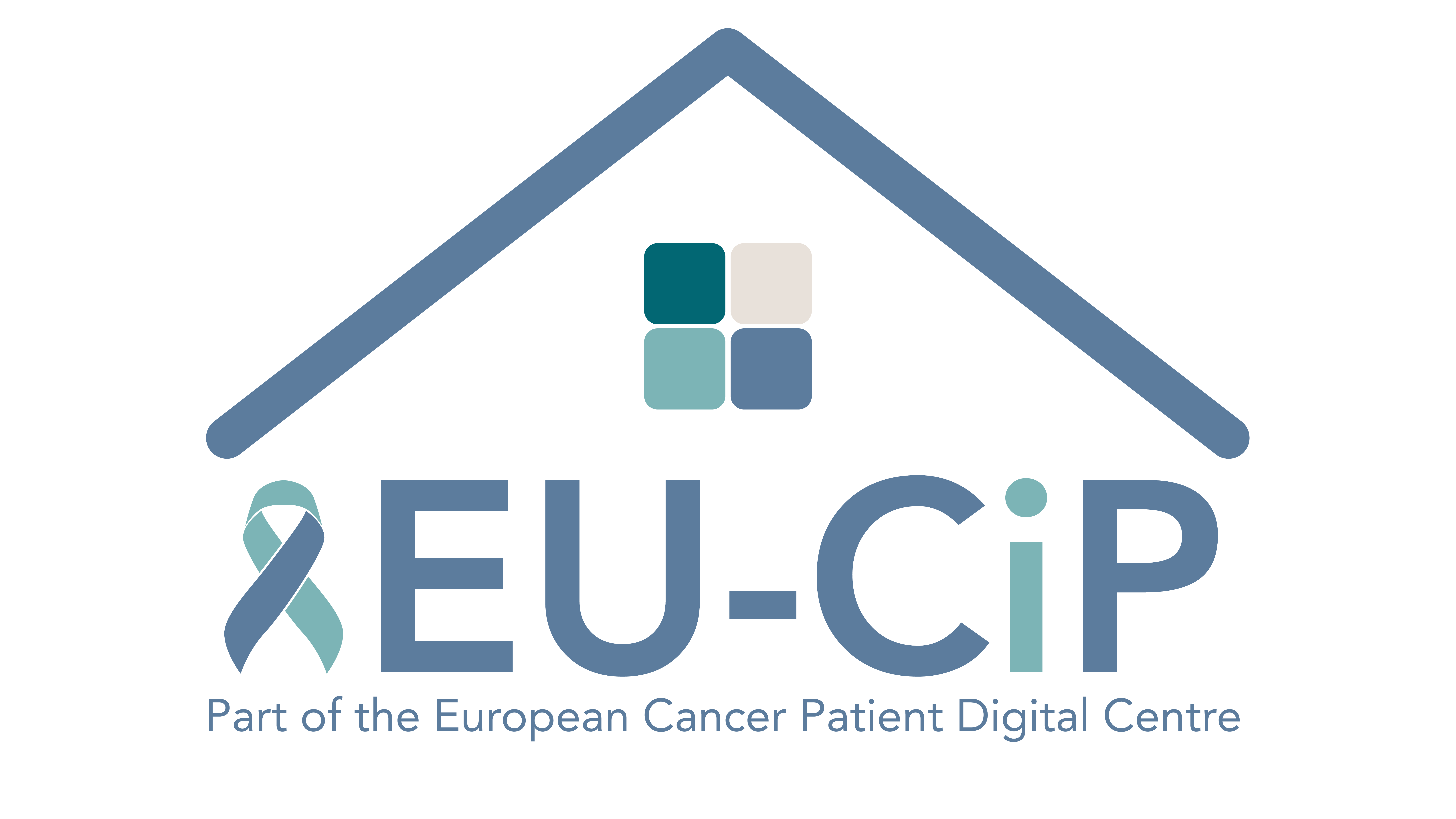
The Berlin Institute of Health at Charité (BIH) coordinates the pan-European research initiative "EU-CiP" (European Cancer Information Portal). Supported by 12 million euros from the EU’s Horizon
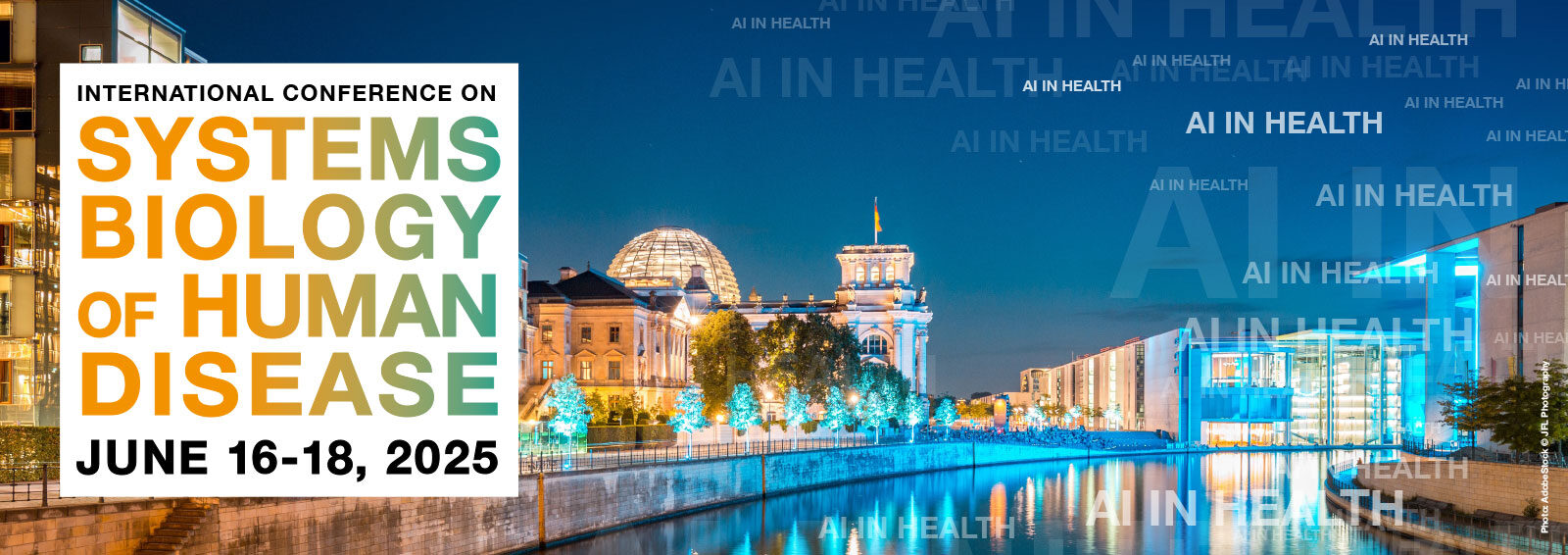
The Digital Health Center once again organises the INTERNATIONAL CONFERENCE ON SYSTEMS BIOLOGY OF HUMAN DISEASE – SBHD 2025 in Berlin from June 16-18. Don’t miss this opportunity to participate in a
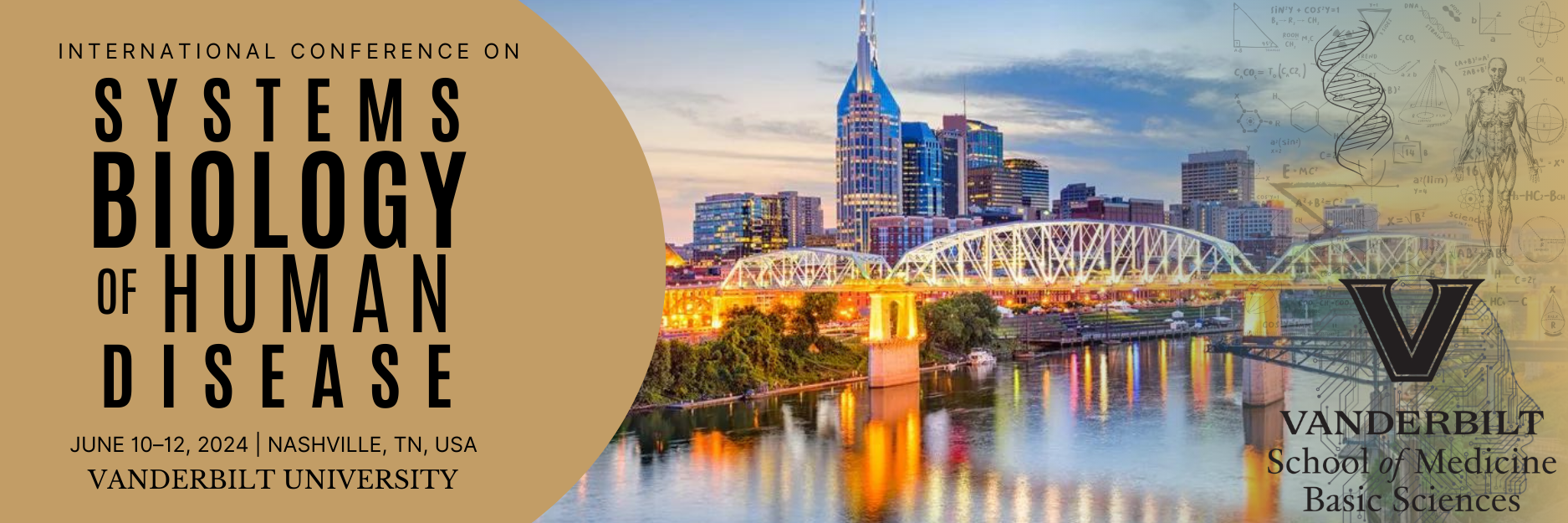
Our colleagues at Vanderbilt University organise the 16th INTERNATIONAL CONFERENCE ON SYSTEMS BIOLOGY OF HUMAN DISEASE – SBHD 2024 this year from June 10-12. Don’t miss the opportunity to participate
The Hub for Innovations in Digital Health (HiDiH) brings together two independent sites of excellent research and development in Berlin and in Heidelberg. HIDIH’s major branch in Berlin is the Center for Digital Health at the Charité and the Berlin Institute of Health (BIH).
If we caught your attention, you are interested in our work and would like to get in touch with us, please contact us via franziska.mueller@bih-charite.de


